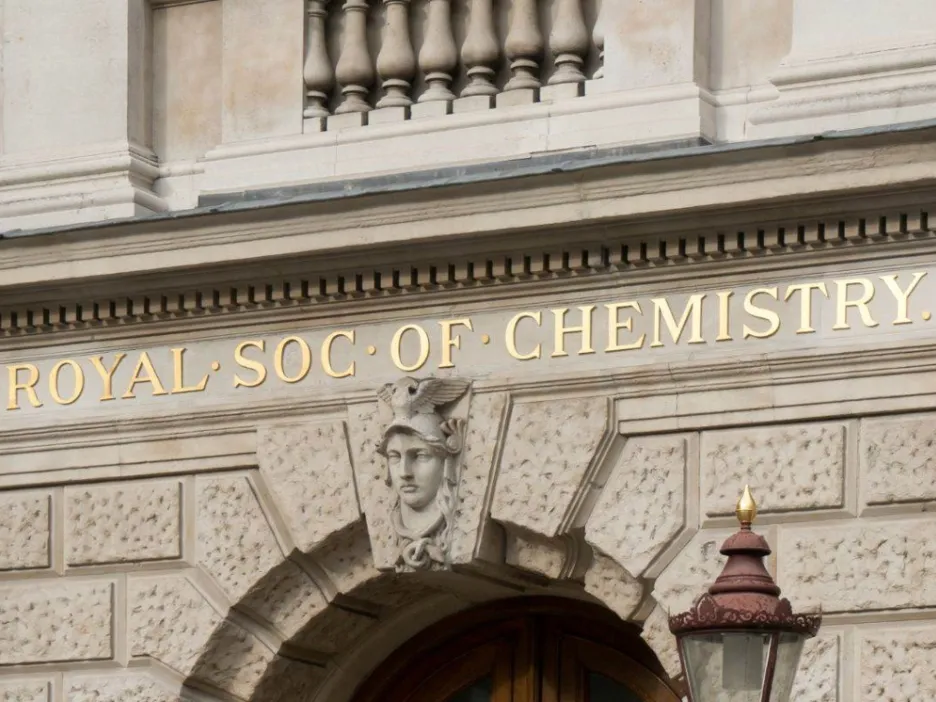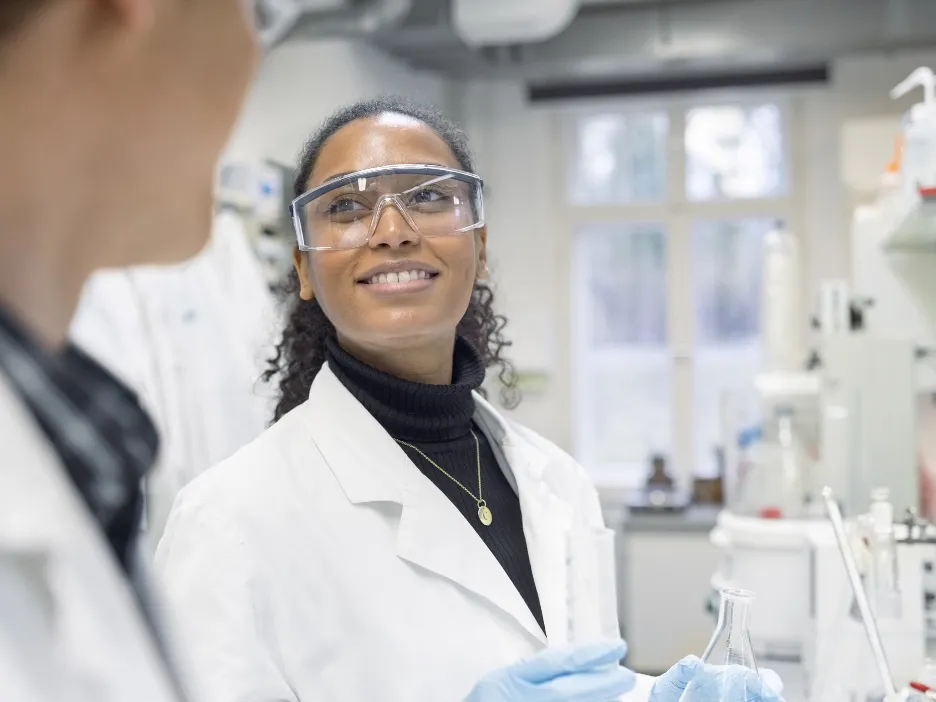Professor Zoë Waller
Prize
Chemistry Biology Interface mid-career prize: Jeremy Knowles AwardYear
2025
Organisation
University College London
Citation
2025 Jeremy Knowles Award: awarded for contributions to our understanding of nucleic acid i-motif structure and function in a cellular context using chemical tools and structural methods to unveil new therapeutic opportunities.
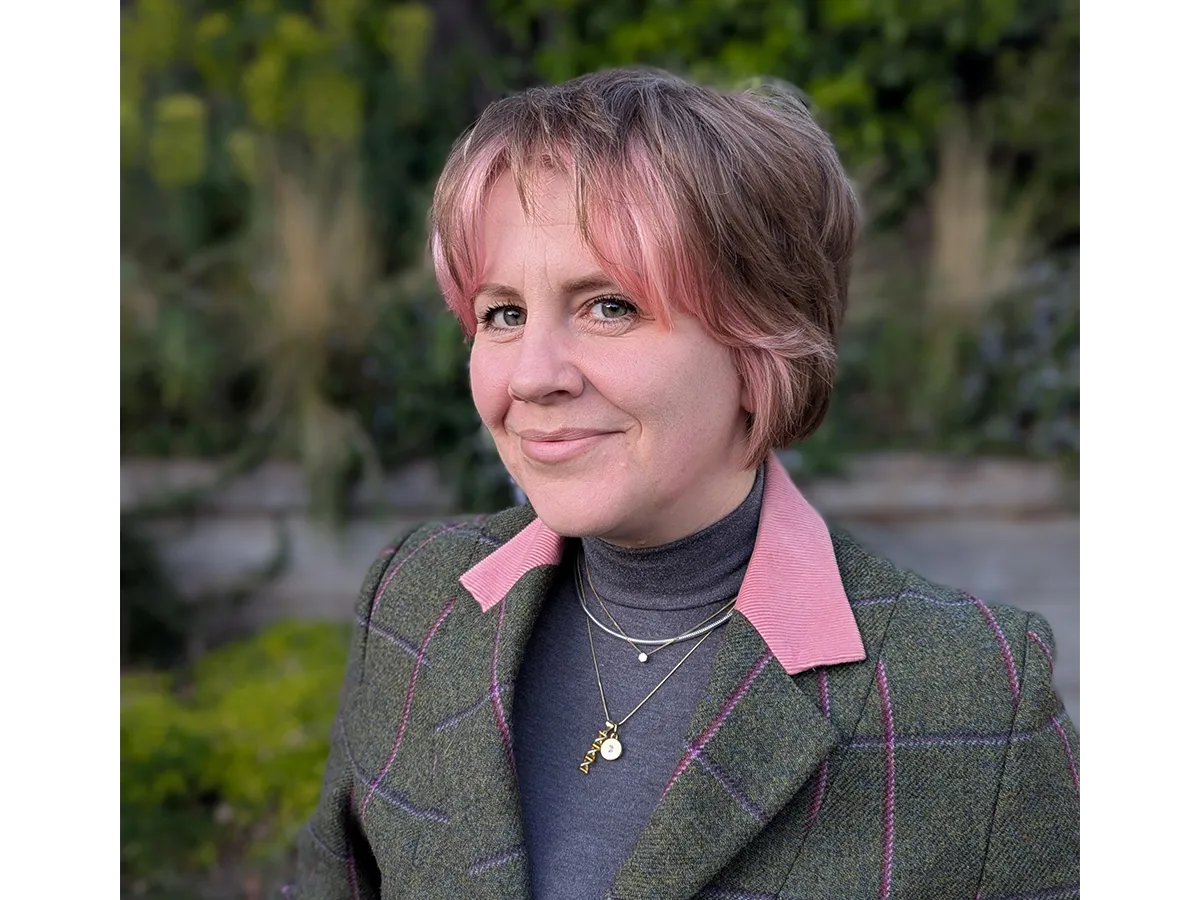
DNA is often assumed to be a double helix, the "twisted ladder" structure first proposed by Watson and Crick in 1953. However, DNA can adopt different structures, and these can be used as switches to control how it works. DNA sequences that contain lots of cytosine can form i-motifs: alternative secondary structures which are a very tightly packed "knot" of four strands of DNA. These structures have been used as pH-dependent switches in nanotechnology but are also widespread throughout the human genome, exist in cells and have been shown to play a role in gene expression.
Zoë’s collaborative team have revealed numerous different conditions where i-motif DNA structures can be stabilised, destabilised and targeted with ligands. This work has enabled the creation of new nanodevices, the study of the effects of i-motifs in biology, and the understanding of how these DNA structures can affect disease.
Biography
Dr Zoё Waller CChem FRSC graduated with an MChem in Chemistry with Pharmaceutical and Forensic Science from the University of Bradford in 2005, and then completed a PhD in Chemical Biology from the University of Cambridge, UK, under the supervision of Professor Sir Shankar Balasubramanian.
After completing her PhD, she taught in the secondary and higher education sectors and also worked in industry. Zoё started her first academic position in late 2010 as a Junior Lecturer in Chemical Biology at the UEA School of Pharmacy. She was promoted to Lecturer in 2014 and Senior Lecturer in 2017. Zoё moved to UCL School of Pharmacy in July 2020 as an Associate Professor in drug discovery. She was promoted to Professor in 2024 and is currently Head of the Research Department of Pharmaceutical and Biological Chemistry.
Zoё’s individual and team work has been recognised throughout her career, including the University of Cambridge Corporate Associates Prize for Practical Class Demonstration, a Royal Society of Chemistry Horizon Education Prize and the 2024 Chemical Biology and Bioorganic Group Lectureship. Zoё is a Fellow of the RSC, the chair of the Royal Society of Chemistry Degree Accreditation Committee and a STEM ambassador.
Zoё’s research interests are centred around the structure and function of i-motif nucleic acids, and their research is currently supported by the BBSRC and the Leverhulme Trust. Outside of work, Zoё enjoys baking, crochet and running around after her three children.
Big projects and big ideas need collaborative and often cross-disciplinary efforts.
Professor Zoё Waller
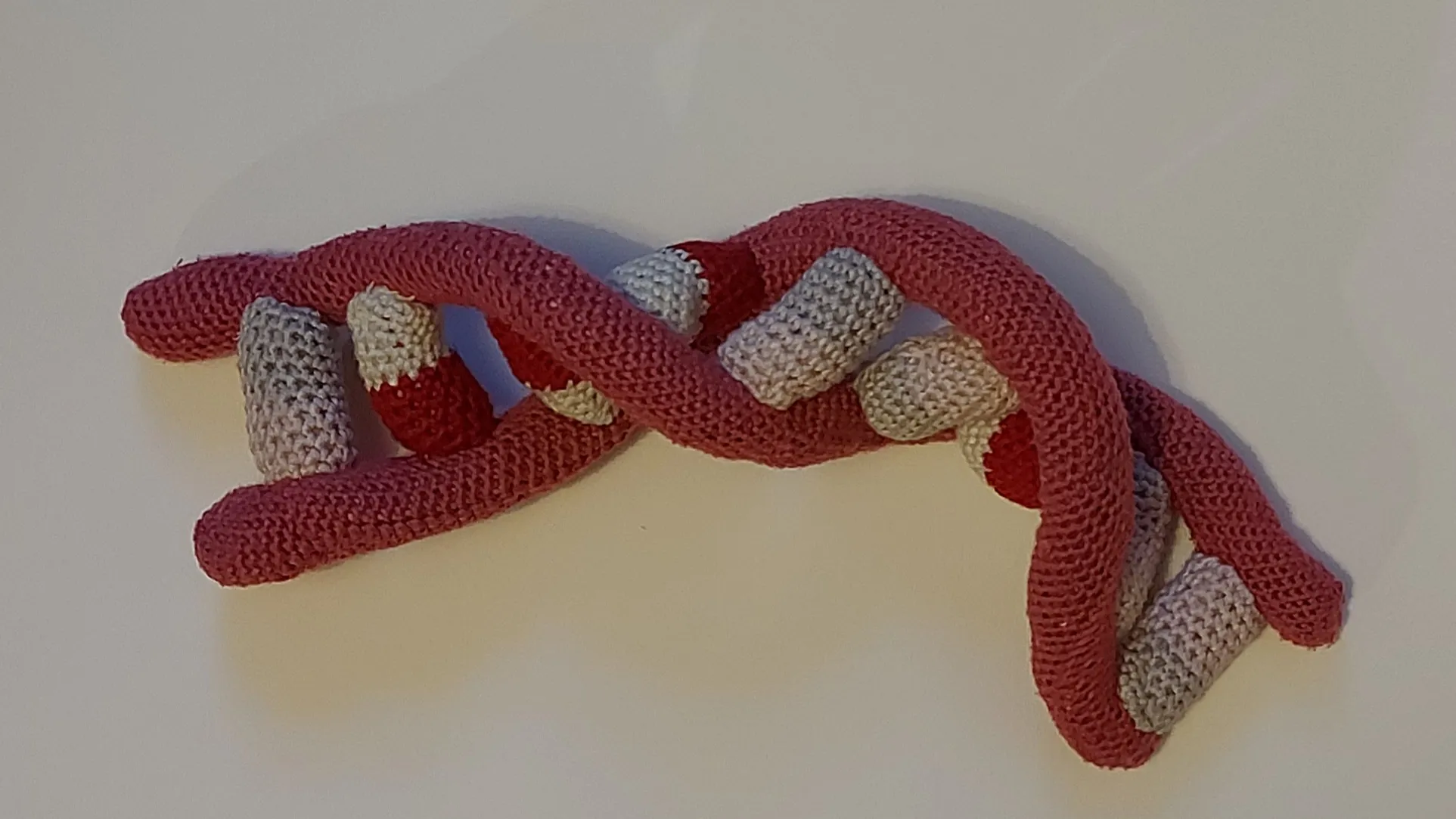
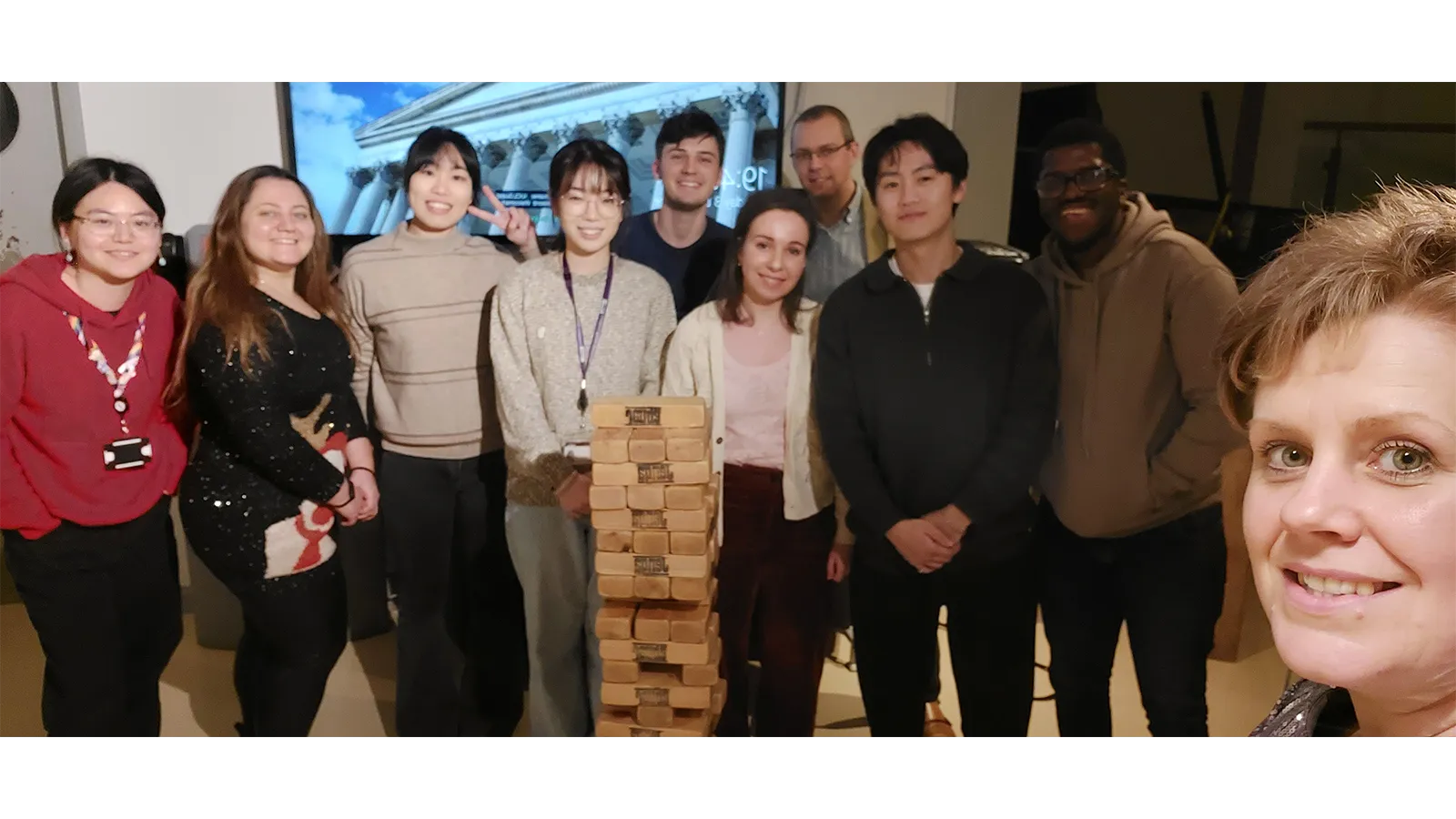
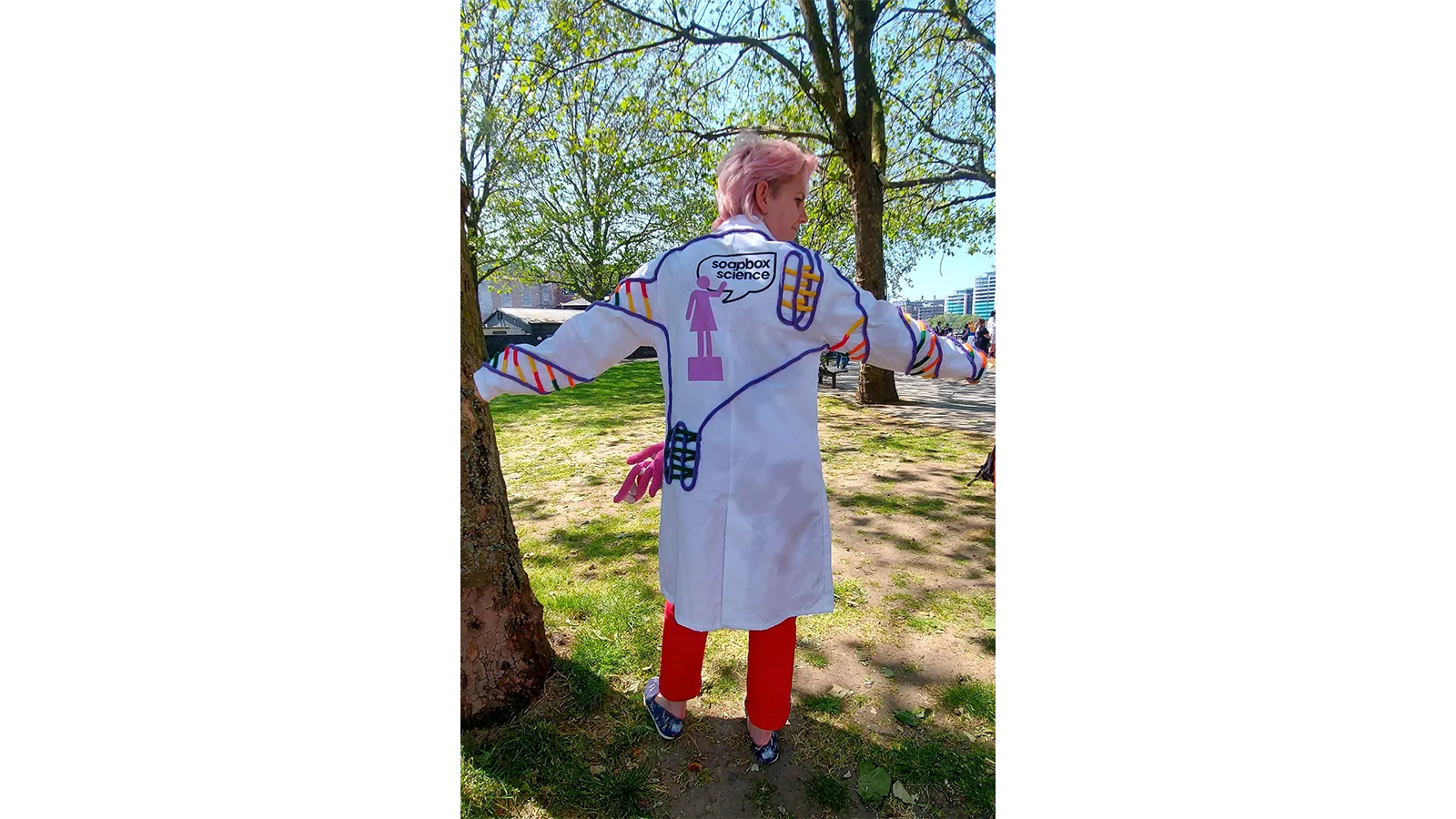


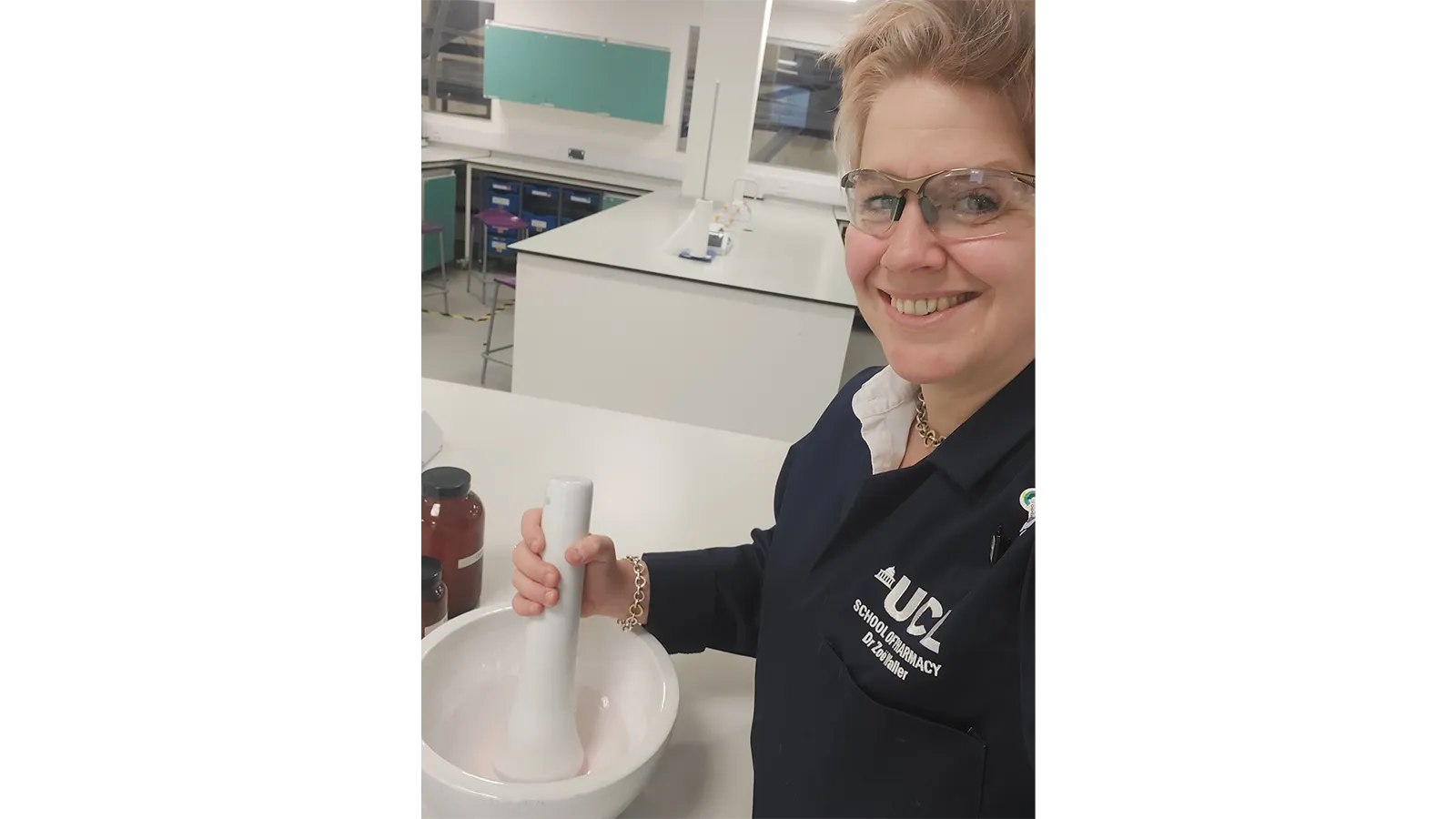
Q&A with Professor Zoë Waller
How did you first become interested in chemistry?
My parents were both technicians, working at the BT Research Laboratories near where we lived, so I was brought up in an environment where chemical nomenclature and applications were used in everyday life. I didn't have a chemistry set, but I did a lot of baking and cooking growing up, as well as other things like making dyes and my own face masks. I didn't really fully appreciate what chemistry was though until high school. As someone who liked to work with their hands, this made a big change in my interest, alongside excellent teachers and the RSC posters reminding me that "not all chemists wear white coats"
Tell us about somebody who has inspired or mentored you in your career
The single biggest influence on me becoming a scientist was watching The X-Files! I was completely inspired by Dr Dana Scully as a strong, independent, intelligent female role model. I am very much a product of the "Scully Effect". I was lucky to be able to do a few ‘take your daughter to work’ days at the BT Research Laboratories, which cemented my interest in working in the chemical sciences.
What motivates you?
I like to help people, whether that is as a STEM ambassador and running sessions in schools, or mentoring colleagues at university in their careers. I love people, and my motivation is really driven through helping others in some way.
What advice would you give to a young person considering a career in chemistry?
Grab any opportunity you can to learn more about the subject and different career options. Work experience and work-shadowing can be really enlightening, and can help you have an understanding about what different jobs are possible. Chemistry is a central science and the link between the physical and life sciences, so there is also plenty of scope to pivot towards these different areas.
Can you tell us about a scientific development on the horizon that you are excited about?
I'm really excited at what AI and machine learning will bring. These technologies will allow us to make links between topics in a way that is function-driven rather than from our previous understanding, so I fully anticipate new and unexpected connections to be revealed in the coming years.
What has been a highlight for you (either personally or in your career)?
Finding out your grant has been awarded is always a highlight, because behind each successful grant, there are many, many that are unsuccessful, so for me it is always an occasion worth marking. Personally, the births of each of my three children definitely take centre stage.
What has been a challenge for you (either personally or in your career)?
My periods of parental leave were challenging for a variety of reasons. I was completely naïve as to how life-changing having children was. I had planned to go to a conference six weeks after my first born was due! Looking back, it was absolutely ridiculous. It was a very steep learning curve, but one I very much value. I am always happy to speak with colleagues about the balance of work and life in academia, sharing and exchanging tactics and suggestions for how to balance has been really useful.
What does good research culture look like/mean to you?
A lot of our research is collaborative, and when people work together well it is fantastic. I believe that embracing the humanity and the journey of research is as important as the end-goal and results. Being kind goes a long way here. Thinking about others alongside yourself is critical. I also think it is important to understand, embrace and make the most of our differences, as well as our similarities.
How are the chemical sciences making the world a better place?
Chemistry is everywhere and the chemical sciences make the world a better place through so many different areas. I think chemistry underpins significant key advancements in medicine, sustainability and resource management, which are essential for the future.
Why do you think collaboration and teamwork are important in science?
There is a proverb that says "if you want to go fast, go alone. If you want to go far, go together" and I think this applies to many things in life, including science. Big projects and big ideas need collaborative and often cross-disciplinary efforts. I like working with others, and doing science with others is fun because we can learn more about each other alongside our science.
How can scientists try to improve the environmental sustainability of research? Can you give us any examples from your own experience or context?
The Laboratory Efficiency Assessment Framework (LEAF) is a standard set by UCL to improve the sustainability and efficiency of laboratories and because of this, the environment at UCL is such that many sustainable practices are now being "baked in" to our research culture, which I think is brilliant.
Some examples in our lab: we seek to repair rather than purchase new equipment, for example our pipettes get a lot of use, so we regularly get these serviced and repaired. The School of Pharmacy has a combined, cross-school chemical inventory to make use of existing chemicals, rather than purchase and store items in parallel. Our department ultra-low temperature freezers are set at -70 degrees, rather than -80, which saves 30% of the running costs.
What is your favourite element?
Molybdenum – simply because I like how it is pronounced. My favourite solvent is methanol, favourite amino acid histidine, and favourite nucleobase is guanine.
